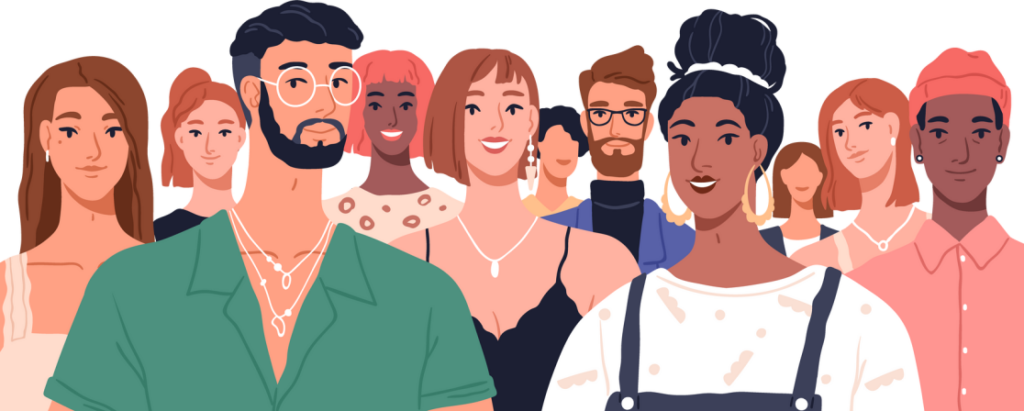
By Micheal Odongo
Most human beings are inherently good; I posit that around 90% are. This optimism forms the cornerstone of what I term "Odongo's Hunch."

It suggests that when we interact with others — whether they are colleagues, spiritual companions, neighbors, or strangers on trains, buses, elevators, or other shared spaces — approaching them with genuine interest and curiosity about their experiences can lead to profoundly positive outcomes.
Genuine interest and curiosity mean making an effort to understand someone's background, beliefs, and perspectives without judgment.
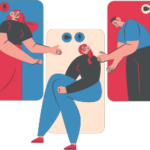

This approach can break down barriers and foster an environment where positive human instincts flourish, leading to friendships, love, camaraderie, and trust.
This principle holds particular significance for individuals working in charitable organizations and social services.
For these professionals, engaging with communities and individuals who are different from their own experiences is a daily reality.
The success of their mission — whether it's improving work and economic circumstances, cultivating independence in girls, championing reduction in overall inequality or eliminating digital literacy disparities — becomes attainable more rapidly when they approach those they serve with a genuine interest and curiosity.
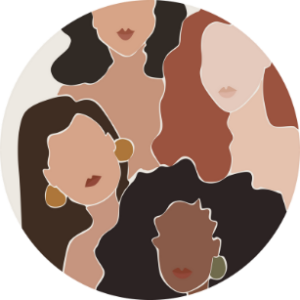
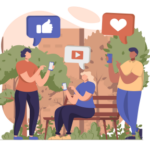
Understanding and appreciating the social, cultural, religious, and political context of those they aim to help is crucial. This connection not only enriches the lives of the beneficiaries but also enhances the effectiveness and impact of the charity work being done.
However, this is not without its challenges. Societal, cultural, and personal biases often cloud our ability to approach others with an open heart. Overcoming these obstacles requires mindfulness and a commitment to seeing the greater good beyond our immediate circles.
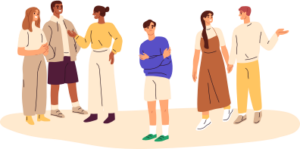

Insights from social psychology, such as the "in-group vs. out-group" dynamics, can help us understand the roots of our biases and how to overcome them. When we foster an environment of empathy and understanding, we can make strides towards a more interconnected and empathetic world.
In practical terms, this means engaging in active listening, exercising empathy, and being open to learning from others' experiences. It's about making a conscious effort to see the humanity in everyone we meet and recognizing the value of diverse perspectives.
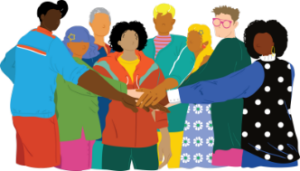

The implications of adopting such an approach are far-reaching: On a societal level, it can lead to more cohesive communities and a more peaceful world. By intersecting our circles of understanding and empathy, we can create a society where trust and mutual respect are the norms rather than the exceptions.
"Odongo's Hunch" is more than just a theory; it's a call to action. It encourages us to embrace our shared humanity and the inherent goodness in most people. It’s a challenge for all of us to transform the spaces we tread, one genuine interaction at a time.
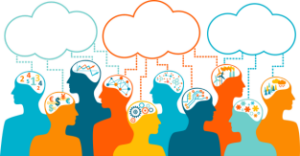
WhatsApp us